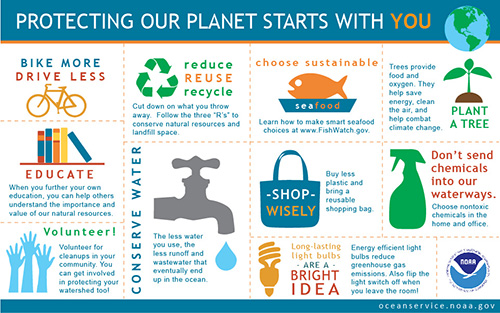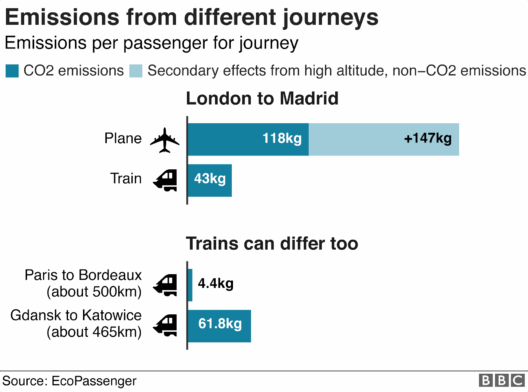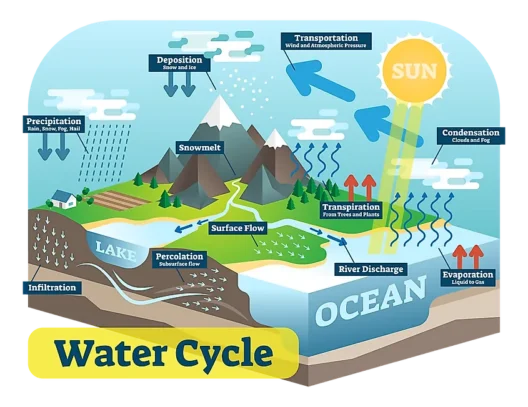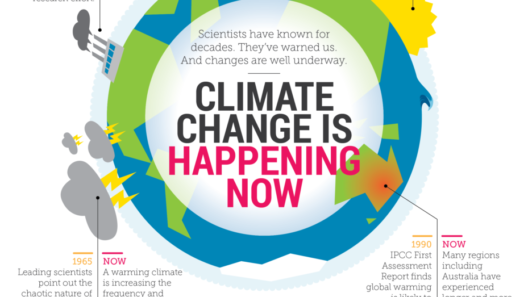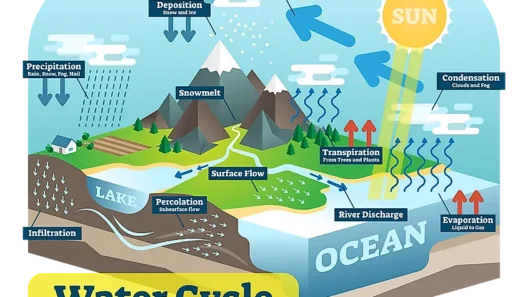In a world increasingly ravaged by climate change, the pursuit of sustainability has become paramount. One question that often arises amidst the cacophony of environmental discourse is: can the simple act of recycling truly have a significant impact on our planet’s warming? To illustrate this notion, let’s embark on a thought experiment. Imagine a solitary plastic bottle tossed into a landfill. Now, envision if that same bottle had been recycled instead. What ripples would this small act create in the grand tapestry of our environmental narrative? This article aims to unravel the complex interplay between recycling practices and their potential to mitigate the ominous threat of global warming.
As we delve into the topic, it’s critical to first understand the link between waste management and climate change. Approximately 13% of global greenhouse gas emissions can be attributed to waste management. When waste decomposes in landfills, it produces methane, a greenhouse gas that is significantly more potent than carbon dioxide in its heat-trapping ability. Alternatively, recycling diverts material from landfills, subsequently reducing not only the volume of waste but also the methane emissions that contribute to atmospheric warming.
Consider the environmental chain reaction initiated by recycling. The process begins with the collection of recyclable materials, such as plastic, paper, and metals. When these materials are recycled rather than discarded, they can be transformed into new products. This not only conserves natural resources but also lessens the demand for virgin materials, whose extraction and processing are energy-intensive and environmentally damaging. For instance, recycling aluminum saves up to 95% of the energy required to produce new aluminum from bauxite ore. Such a staggering reduction in energy consumption can be viewed as a cooling effect on the planet: less energy use translates into fewer emissions.
Yet, one must also grapple with the challenges that recycling presents. Contaminated recyclables—items that have not been properly cleaned or are mixed with non-recyclable materials—can dissuade or undermine the recycling process. This leads to entire batches being sent to landfills, inadvertently exacerbating the problem of greenhouse gas emissions. To combat this issue, education and community engagement are essential. By fostering a conscientious culture of recycling and raising awareness about proper practices, communities can enhance the effectiveness of their recycling programs and diminish their carbon footprints.
In this digital age, technology plays a crucial role in refining recycling processes. Innovations in sorting technologies, for instance, can significantly improve the efficiency of recycling centers. Machine learning algorithms can identify and sort recyclable materials more quickly and accurately than human workers. By embracing these advanced systems, we can optimize recycling operations, thus maximizing the ecological benefits derived from these materials. As technology continues to evolve, the potential for amplified recycling efficiency presents another avenue toward mitigating global warming.
Another compelling aspect of recycling is its socio-economic ramifications. In many regions, recycling programs create jobs, stimulate local economies, and promote a circular economy—an economic model designed to minimize waste and make the most of available resources. By investing in these initiatives, communities not only contribute to environmental sustainability but also to job creation and social enterprise. Recycling, then, becomes a multifaceted solution that addresses not only climate change but also societal needs.
As the conversation progresses, it’s crucial to recognize the interplay between recycling and reduction—two pillars of sustainability. While recycling helps to divert waste from landfills, reducing consumption in the first place remains an undeniable tenet of environmental stewardship. Unquestionably, individuals are encouraged to ponder their consumption habits. Why not challenge oneself to reduce waste? Can you swap single-use products for sustainable alternatives? We face a collective responsibility to not only recycle but to rethink our lifestyles in a way that prioritizes our planet’s health.
Moreover, community initiatives often play a pivotal role in fostering a culture of sustainability. Local clean-up events, educational workshops, and recycling drives serve as powerful catalysts for change. These initiatives forge connections among community members, strengthening the collective resolve to combat climate change. The more involved individuals become, the more likely they are to inspire others, creating a virtuous cycle of environmental awareness and action.
Let’s also take into consideration the global perspective. As countries grapple with the dual challenges of waste management and climate change, international cooperation becomes imperatively vital. Global agreements like the Paris Accord aim to unify nations in their efforts to reduce greenhouse gas emissions. While recycling efforts may seem localized, they have the potential to contribute to a larger, international framework geared towards sustainability. When nations innovate and share best practices, the collective impact on our planet can be profound.
Ultimately, the question remains: can the simple act of recycling help cool our warming planet? The answer is complex but undoubtedly affirmative. While it is not the sole solution to climate change, recycling plays a critical role as part of a multifaceted approach to environmental conservation. By embracing recycling, fostering community engagement, and minimizing consumption, individuals contribute to a larger paradigm shift towards sustainability. The small acts we commit to daily—whether it’s diligently sorting recyclables, attending local clean-up events, or advocating for better waste management policies—can collectively foster a significant cooling effect on our planet. So, why not embark on this challenge? How will your actions contribute to a healthier Earth? The time for change is now, and it starts with us.



